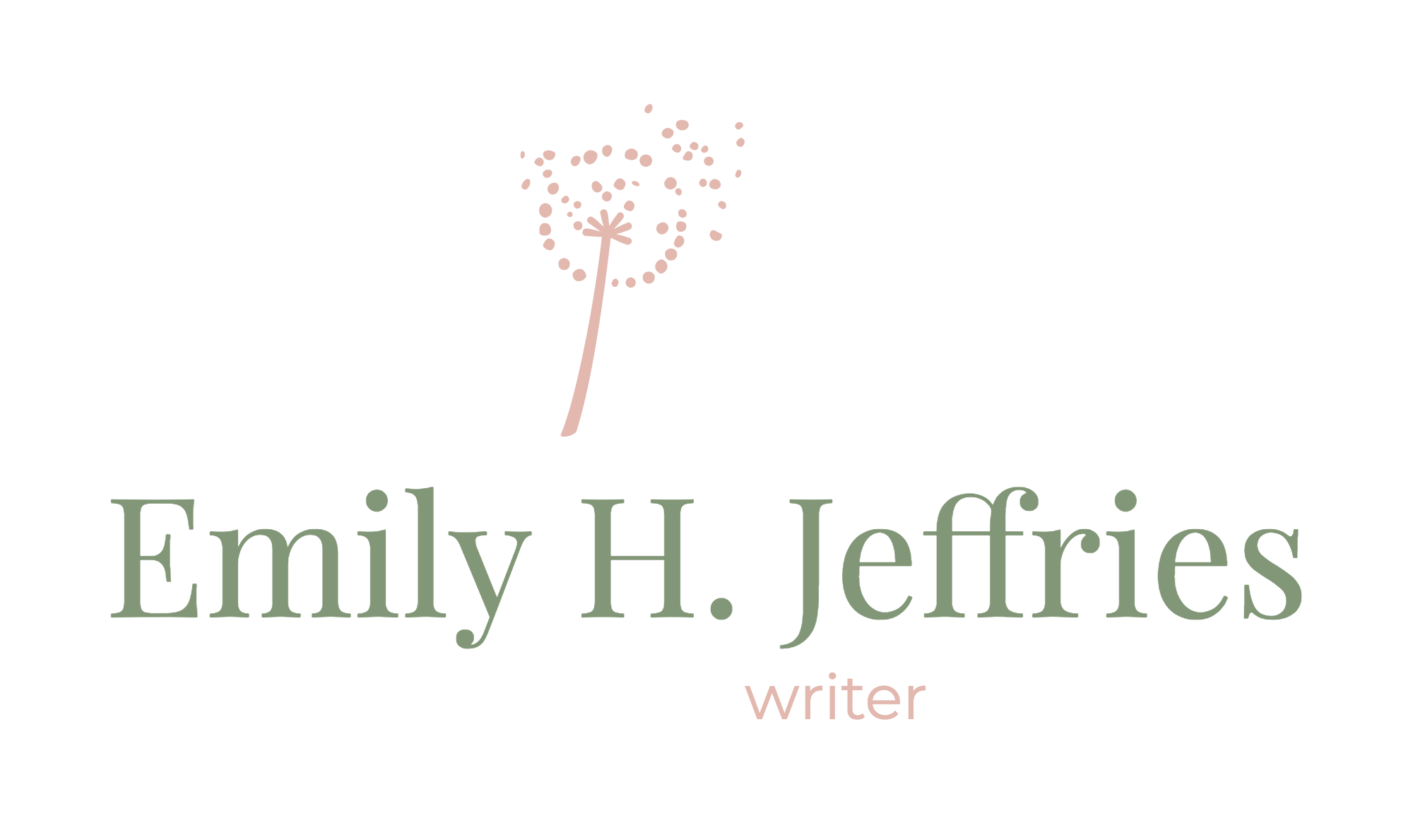Why We Can't Make Friends Like We Used To
There were several reasons for me to read Moon Over Manifest. First, because a kind colleague of mine knows the author, Clare Vanderpool, and he offered to connect me with her. I can’t get in touch with the 2011 Newbery Award Winner without reading her book, now can I? Second, my current WIP involves children who feel abandoned by their parents, and it also is influenced by the Depression era. Both of these elements play an essential role in Vanderpool’s MG historical fiction. But lastly, I just knew I would like it. And recently it’s been difficult to find a delightful read that doubles as research for writing.
What struck me about Vanderpool’s poetic, simple novel was her grasp of the childhood friendship. It reminds me of an observation in Hugh Black’s The Art of Being a Good Friend, which highlights the effortlessness with which we make friends when we are young. Sometimes it doesn’t take anything more than standing next to each other in the cafeteria line on the first day of school. Vanderpool’s 12yo protagonist, Abelene Tucker is like that. She rolls into Manifest, Kansas on a train, goes to school the next day and by that afternoon two local girls are playing with her in an old tree house. There’s something really magical about that. It’s full of possibility.
Photo creds: Foter.com
Lately, I’ve developed an acute desire for this kind of society. What I wouldn’t do for the chance to host my own Lettie and Ruthanne in a tree house by Peachtree Creek, where we shiver with glee at all the unknowns.
But life as an adult could not be more different. After college, the road splinters into dozens – if not hundreds – of forks. Ruthanne moves to LA to be an actor and Lettie goes to Paris to find herself. The old pack is no more and I find myself alone. I journeyed with my traveling company so long, I often stumble along the pilgrim’s trek.
And yet, how quickly I forget the existing friendships in my life – my sisters, my mother, and Editor Adair. While being grateful for these, I must also learn to be grateful for the end of other friendships -- those friendships that did not inspire me to be kinder, calmer, more thoughtful, more joyful.
We didn’t realize it when we were younger, but there were fast friends who were honored by our love, and then there were fast friends who held our bond in no kind of esteem. I miss the ease with which I used to form a friendship, but I do not miss learning about human vices the hard way. It was injured friendship that taught me malice, betrayal, greed, and selfishness. And the guilt could be felt on both sides.
Through flattering filters in square frames, I sometimes gaze at my old friends with their new gal pals, all beaming behind martini-laden tables at newly opened restaurants. But, as I read last week in Darling Magazine, “A woman on a mission has no business being distracted by things like envy.” –Liz Forkin Bohannon
So I’ll continue to regard my few friendships for what they are: sacred. And I’ll keep reading children’s literature that stirs my heart, looking forward to a purer time when heavenly fellowship will remind the old soul of why she made earthly friends in the first place.
Moon Over Manifest is why writing for children feels so right to me. Not for one second were my thoughts low or frivolous while reading Vanderpool’s work. I contemplated America’s history, the love of a parent, the tensions between religions, the plight of the immigrant, and the hardship of being a child in an unstable time. You guys know what I’m talking about. You get me.
Ttfn,
Emily

